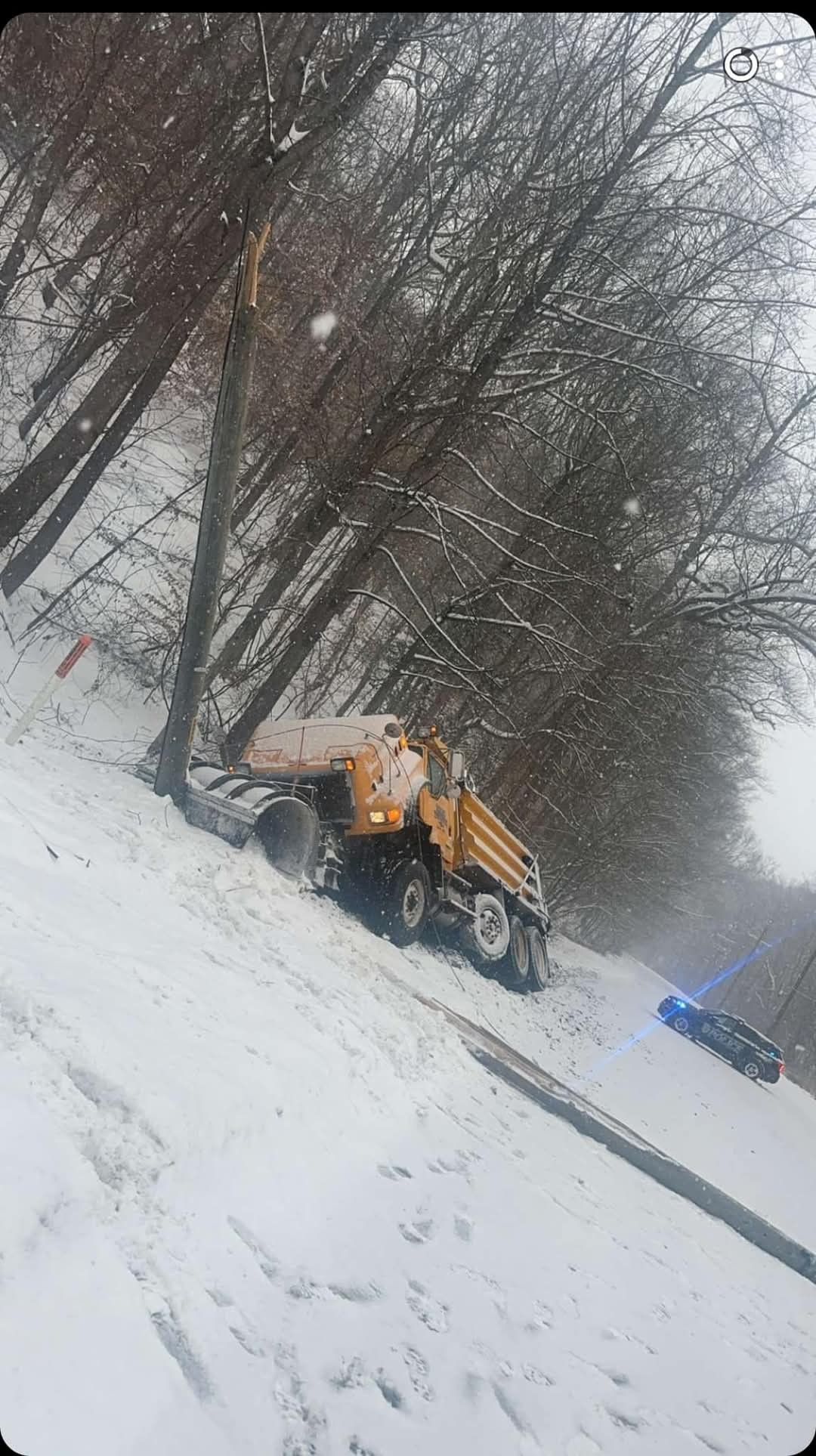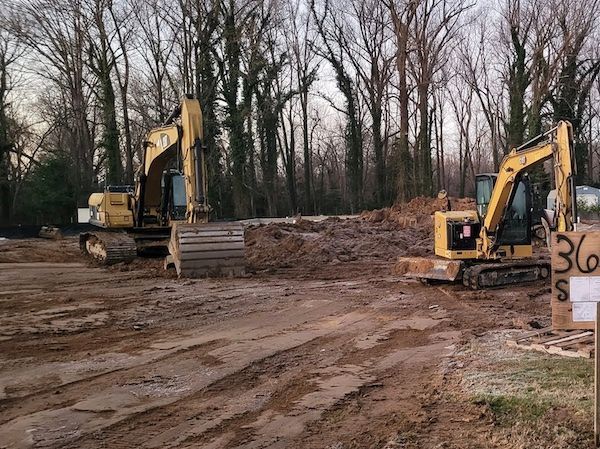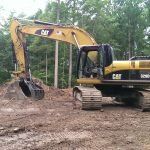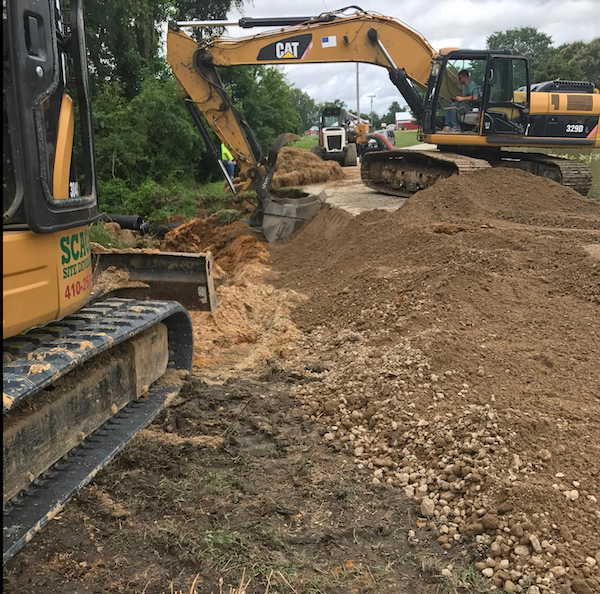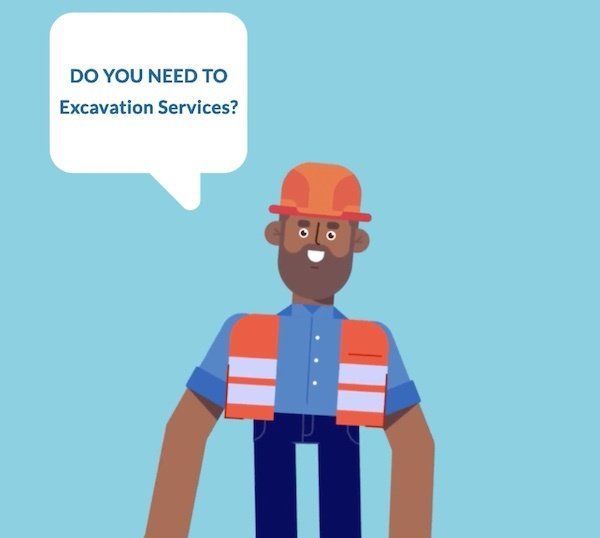Pond Permits
Navigating the Legalities of Pond Digging: Do You Need Permission or a Permit?

Digging a pond can be an appealing project for many landowners in Southern MD, whether for aesthetic, agricultural, or recreational purposes. However, before you roll up your sleeves and start excavating, it's crucial to understand the legal requirements surrounding pond digging. Depending on your location and the intended use of the pond, you may need to obtain permission or a permit. Here's what you need to know before breaking ground on your dream water feature.
Local Regulations and Zoning Laws
The first step in determining whether you need permission or a permit to dig a pond is to research the local regulations and zoning laws in your area. These regulations can vary widely from one jurisdiction to another, so it's essential to consult with your local planning or zoning department to understand the specific requirements that apply to your property.
Environmental Impact Assessment
In many cases, the excavation of a pond may have environmental implications, particularly if it involves altering wetlands, waterways, or natural drainage patterns. Depending on the size and scope of the project, you may be required to conduct an environmental impact assessment to evaluate the potential effects on the surrounding ecosystem. This assessment may be necessary to obtain the appropriate permits and ensure compliance with environmental regulations.
Water Rights and Permitting
In some regions, the creation of a pond may involve the allocation of water rights, especially if the pond will be used for irrigation, livestock watering, or other agricultural purposes. Obtaining the necessary permits for water use and storage is critical to ensure that you are in compliance with water laws and regulations. Additionally, if your property is located in a designated groundwater protection area, you may face additional permitting requirements related to water quality and conservation.
Navigating the Permitting Process
If it's determined that you need a permit to dig a pond, the next step is to navigate the permitting process. This typically involves submitting an application to the appropriate regulatory agency, providing detailed plans and specifications for the pond, and paying any associated fees. The review process may require input from various stakeholders, including environmental agencies, water authorities, and local government departments.
Consulting with Professionals
Given the complexity of the legal and regulatory considerations surrounding pond digging, it's advisable to seek guidance from professionals with expertise in land use, environmental law, and water resources management. Consulting with an attorney, environmental consultant, or land use planner can help you navigate the permitting process and ensure that your pond project complies with all applicable laws and regulations.
Conclusion
While the prospect of digging a pond in Southern MD can be an exciting endeavor, it's essential to approach the project with a thorough understanding of the legal requirements. Whether you need permission or a permit to dig a pond depends on a variety of factors, including local regulations, environmental considerations, and water rights. By researching the specific requirements in your area and seeking professional guidance as needed, you can embark on your pond project with confidence, knowing that you are in compliance with the law.

